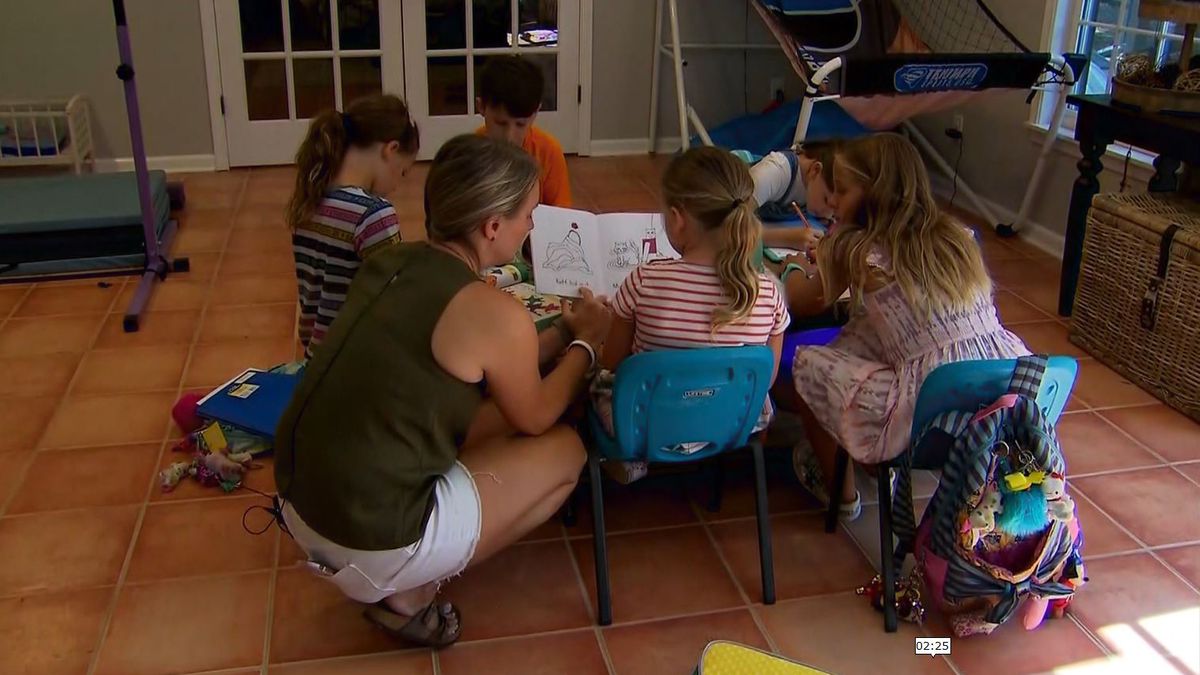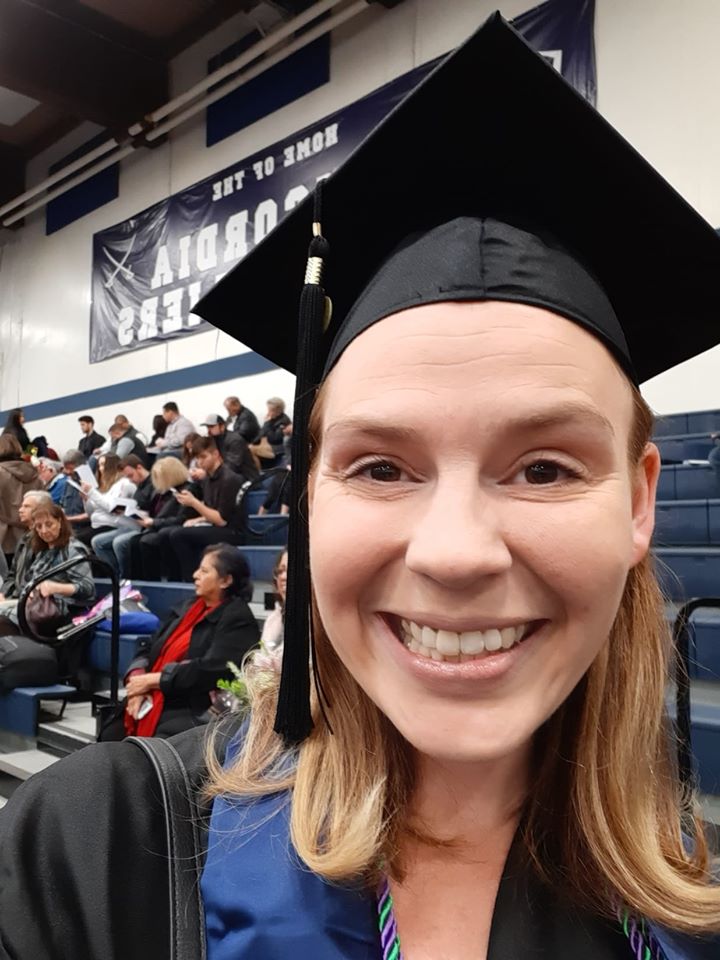
I have heard many parents discussing “micro-pods” lately. The best way I can explain it is as follows: A micro-pod is a small group of students in the same grade purposefully assembled by a group of parents that will be taught in a setting outside of their regular school building. There are different ways that the micro-pod operates. In some scenarios, one parent will teach the micro-pod for the school year. In other scenarios, parents will take turns being the “teacher.” In another scenario, the group of parents will hire an educator outside of their group of parents. Some micro-pods will follow the kids’ school lesson plans, while others will un-enroll their students and design a homeschool curriculum to follow.
Why are parents leaning toward micro-pods?
Safety-
Parents are interested in micro-pods for a variety of reasons. One reason is: a sense of safety. Many of the micropod requirements that I have read about suggest the following:
1) regular testing for the teacher/s and students
2) participants committing to some type of a “social bubble” to avoid possibly contracting the virus. (A social bubble was defined in an article from ABC news as “You agree to only have contact with a small group of others and practice social distancing with everyone else.” (Schumaker, 2020))
3) participants commit to stay home from school when any coronavirus symptoms are present
4) having the school in a small home setting, or a setting that is not in a large school with large groups of other kids.
The idea with safety in micro-pods is that children are less likely to contract the virus in a group of 5 kids whom they see on a regular basis than being around large groups of other kids who are regularly with other unknown people.
Educational support-
Some parents do not feel equipped to homeschool their child or complete distance learning lessons with them. If the parent does not volunteer to teach in the micro-pod, they have access to support from other educators such as fellow parents in the micro-pod, or an educator that their pod hires. Some parents just prefer not to school their children themselves. Other parents honestly cannot help with their child’s educational content. I have many friends who have been struggling to assist their high school-age children with their homework.
The ability to remain working-
Micro-pods provide 1) a place for students to go to school outside of the home and 2) school hours. Many parents are choosing to partake in micro-pods because the regular schedule allows the parent/parents of the household to remain working. Some families are forced to avoid 100% distance learning and opt for micro-pods because they do not have an adult to stay at home with the kids without the parent/s losing their job.
Socialization-
Many of my buddies have expressed their concern about their kids missing that “face-to-face” socialization that they receive at school. I also share this concern. My kids loved their Zoom meetings last year with their friends, but they said to me time and time again, “I miss my friends. Zoom just isn’t the same.” Most parents that support micro-pods seem to love the idea that micropods allow their kiddos to physically be around their friends during “school hours.” There has also been discussion in articles that in-person schooling provides the important element of body language. Whether a teacher is reading a child’s body language, a child is reading a teacher’s body language, or a child is reading another child’s body language, there are important social cues that can enhance a student’s learning experience and environment (Williamson, 2020).
Control over the curriculum-
For the micro-pods that don’t use their designated school curriculum, there is some freedom in deciding what their children will be taught. Parents can form their own curriculum or entrust the educator they hire to design plans that align with the children’s “common core standards” for their grade level. Parents seem to like the idea that they can add elements of learning as well. I have heard many different ideas such as adding history/politics education, multicultural education aspects, or even home economic lessons. Depending on the age level, non-traditional lessons may be a great addition to a homeschool curriculum if it doesn’t overload the kiddos.
Local micro-pods-
KOIN released an article recently that relayed that there are several Facebook groups that relate to “Portland Micro Schools” (Balick, 2020). Here is the link to the general page: https://www.facebook.com/groups/291372652226524/ — There are currently 2,320 members!
There is also a group for “North Portland Micro-schools,” here is the link: https://www.facebook.com/groups/983607542098666/
Lastly, there is a group called, “Portland Micro-schools for ALL- Discussion and Connection group.” Here is the link: https://www.facebook.com/groups/281981652875426/
The controversy about micro-pods-
There is some controversy regarding micro-pods that relates to equity. School funding is influenced by enrollment levels. This means schools will receive less funding if their enrollment levels drop due to students un-enrolling and the formation of micro-pods (Silverman, 2020). This is a tough moral situation for families to be in. Although there are benefits to micro-pods, their existence will negatively influence school funds. Families will likely have a hard decision ahead of them taking this into consideration.
***
Every household will have much to consider regarding their children’s education next year. It looks like the main options will be: 1) 100% distance learning with a parent/caregiver 2) 100% distance learning with a babysitter/older sibling while parents are working 3) micropod 4) hybrid model- half distance learning, half in-school learning 5) in-person classes at school.
The schooling choice will depend on many things like parent schedule, child’s learning abilities, parent teaching abilities, sense of safety, and other important items. Micro-pods have positives and negatives, like most other ideas.
Best of luck to you all in choosing your schooling outlet for your kiddos.

Stephanie McCoy was born and raised in Portland, Oregon-where she still lives. She recently graduated with a Master’s in Education degree from Concordia University. In her free time: she likes to read and write, get outdoors, embrace her kiddos and husband, and watch travel documentaries.
